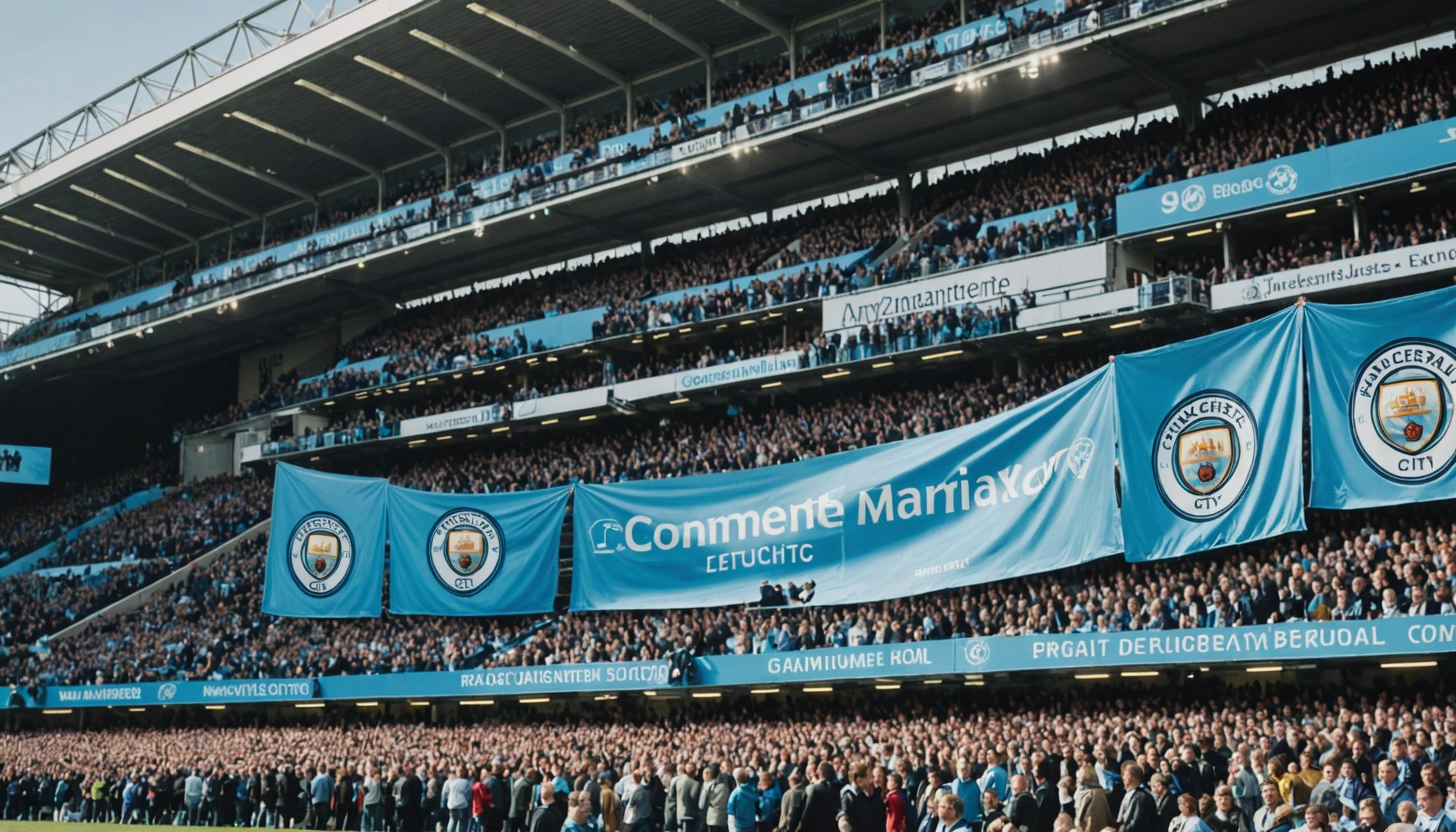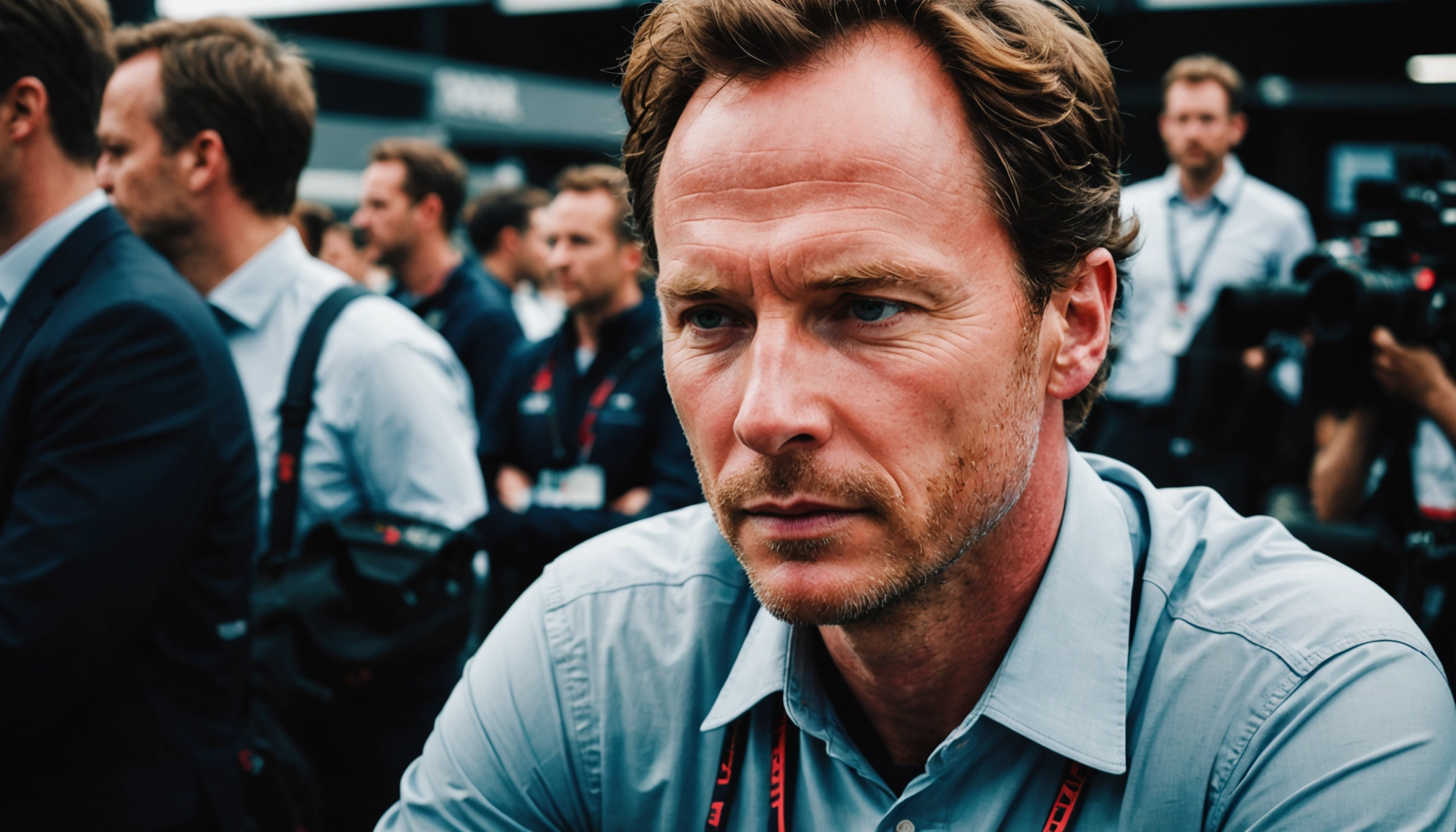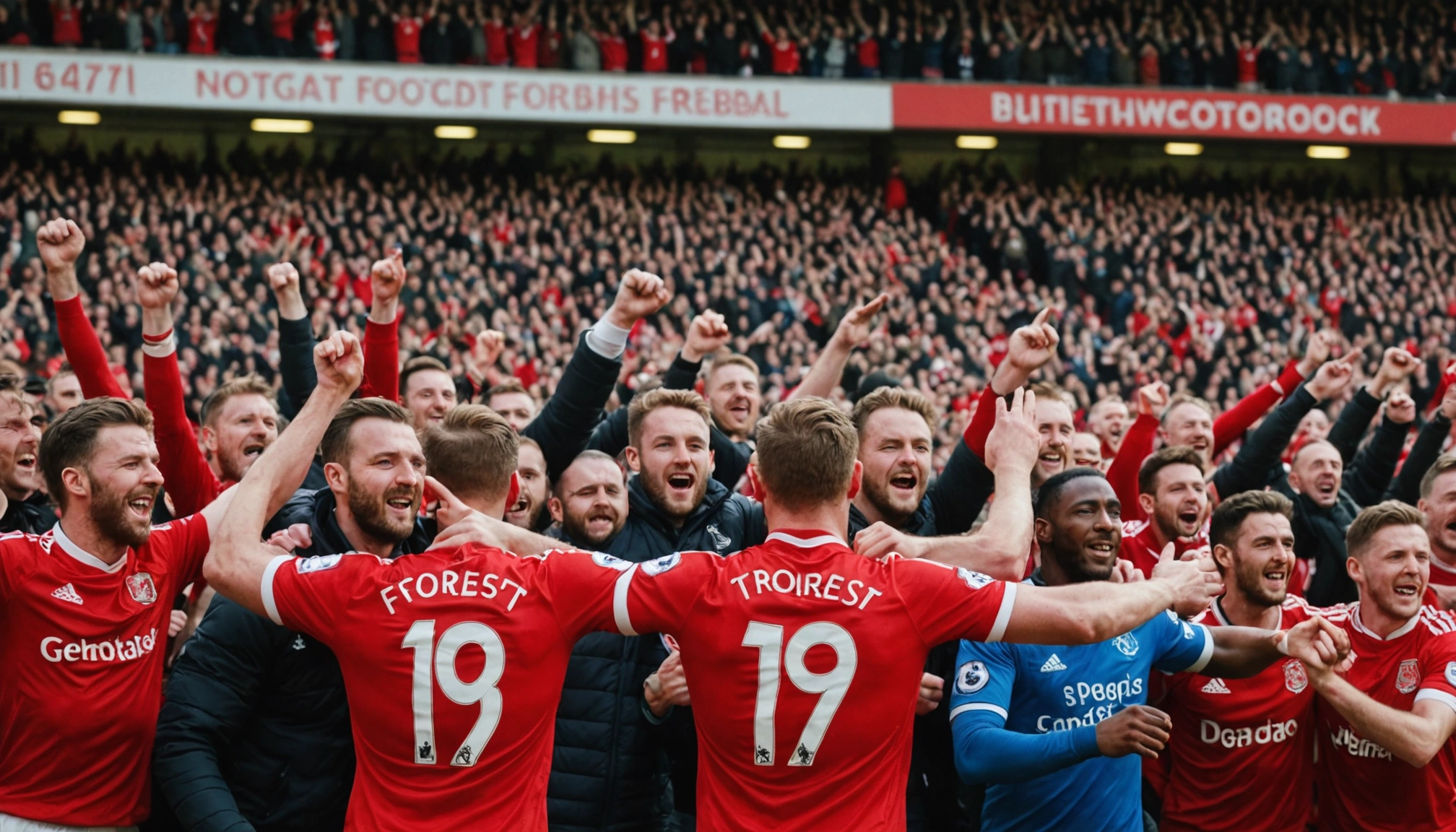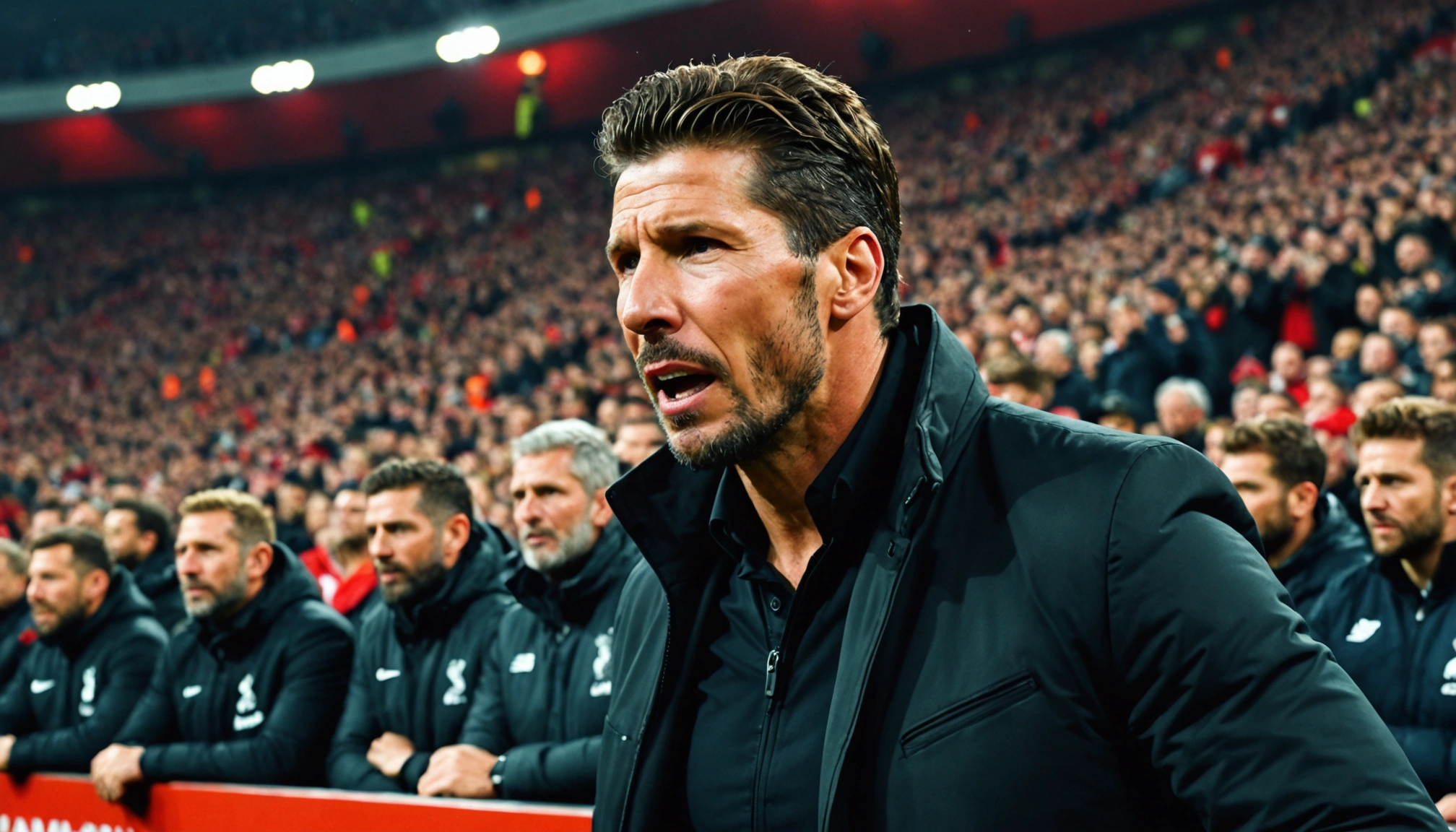Man City and Premier League resolve sponsor rules dispute
Manchester City and the Premier League have settled their dispute over commercial sponsorship rules, accepting new regulations on associated party transactions.

By Editorial
Introduction to the Man City and Premier League dispute
In a significant development in English football governance, Manchester City and the Premier League have come to a resolution over disagreements concerning the rules that regulate commercial sponsorship deals. The dispute centred around the Premier League's regulations on associated party transactions (APTs), which are designed to ensure transparency and fairness in commercial agreements linked to club owners.
Background of the commercial rules dispute
Manchester City initiated a legal challenge against the Premier League's APT regulations, arguing that these rules were unlawful and unduly restrictive. This challenge followed the Premier League’s effort to tighten controls on sponsorship deals that involve companies connected to club owners, aiming to prevent inflated valuations that could distort financial fair play and competitive balance.
Last year, an independent arbitration panel reviewed aspects of the Premier League’s APT rules, partly siding with City’s concerns. Despite this, the Premier League’s overarching goal remained to safeguard the integrity and financial transparency within the league.
What are associated party transactions?
Associated party transactions are commercial deals between a football club and companies linked to the club's owners or their close associates. The Premier League’s rules require that such deals must be conducted at fair market value to prevent clubs from artificially boosting their revenues or circumventing financial regulations.
For example, a sponsorship deal where a company owned by a club’s owner pays above-market rates could unfairly enhance the club’s financial position. The Premier League’s APT rules seek to eliminate such advantages to maintain a level playing field.
The settlement: what it means for Man City and the Premier League
In the recent settlement, Manchester City has accepted the validity and binding nature of the Premier League’s APT regulations. This marks the end of the club’s legal challenge and a return to cooperation between the parties involved.
Neither side has issued further comments beyond a joint statement acknowledging the resolution. The Premier League remains committed to enforcing these rules to ensure financial fairness across all clubs.
Implications for the Premier League and other clubs
This settlement reinforces the Premier League’s stance on financial governance, signalling to all clubs the importance of compliance with sponsorship regulations. It also highlights the league’s willingness to take legal challenges seriously but ultimately maintain rules protecting competitive integrity.
Earlier in November 2024, a majority of Premier League clubs voted in favour of amendments to the APT regulations, despite opposition from Manchester City. This collective agreement demonstrates broad support within the league for transparency in commercial dealings.
Why do sponsorship rules matter in football?
Sponsorship deals form a crucial part of football club revenues, often running into tens of millions of pounds annually. Ensuring these deals are fairly valued prevents clubs with wealthy owners from gaining an artificial financial edge over others.
For instance, if a club’s owner-owned company pays an inflated sponsorship fee, it could be used to circumvent financial fair play rules, giving that club an unfair advantage in player recruitment and wages. The Premier League’s rules aim to prevent such scenarios and maintain the league’s competitive balance.
Case study: impact on Manchester City’s commercial strategy
Manchester City, known for their global commercial reach, have previously engaged with sponsors linked to their ownership group. The club’s challenge to the APT rules suggested concerns about how these regulations might limit their sponsorship opportunities and revenue streams.
With the settlement now in place, City will need to align future deals with the Premier League’s fair market value requirements. This could influence how they negotiate sponsorship contracts and structure their commercial partnerships.
Looking ahead: what fans can expect
For fans and followers of the Premier League, this resolution means a clearer framework for how clubs manage their sponsorships and finances. It upholds the principles of fairness and transparency that underpin the league’s reputation.
Supporters can continue to follow updates and insights on club finances and league governance through platforms like SportsScoop, which offers comprehensive coverage of Premier League developments.
Conclusion: a step forward for football governance
The settlement between Manchester City and the Premier League over sponsorship rules marks a key moment in English football governance. It balances the interests of clubs and the league while maintaining the integrity of competition.
As clubs adapt to these regulations, fans can expect a fairer and more transparent Premier League, where commercial success does not come at the expense of sporting fairness.
Related topics
Editorial
Sports expert at SportsScoop
Specialist in sports analysis and journalism
Related articles
Want to read more?
Explore our comprehensive collection of sports articles and analysis, or contact us for more information.



